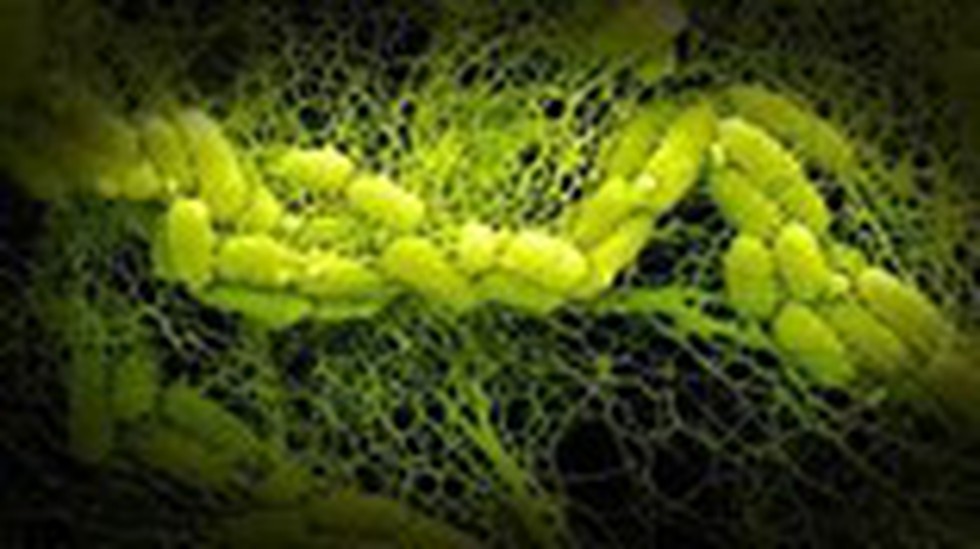About Alcanivorax borkumensis:
- It is a marine bacterium that uses exclusively petroleum oil hydrocarbons as sources of carbon and energy (and is therefore designated “hydrocarbonoclastic”).
- It is found in low numbers in all oceans of the world and becomes abundant in oil-contaminated waters.
- It may now serve as a model organism to understand bacterial alkane metabolism.
- It is a rod-shaped bacterium without flagella that obtains its energy primarily from eating alkanes (a type of hydrocarbon).
- It is aerobic, meaning it uses oxygen to gain energy.
- It is halophilic, meaning it tends to form in environments that contain salt, such as salty ocean water.
- It also can flourish in areas with heavy tides and other sea-related currents.
- It is found only on or near the surface of the water.
- It can live in salinities ranging from 1‐12.5% and in temperatures ranging from 4‐35°C.
- Its ubiquity, unusual physiology and demonstrated role in biodegradation show that it is globally important in the removal of hydrocarbons from polluted marine systems.
